Into the brewed coffee & quot; rehydration & what is the operation of quot;?
I believe that many friends can often hear a word "By pass" when they see someone filling coffee liquid with water. The translation of "By pass" is "bypass, bypass". It seems that it has nothing to do with pouring water into the coffee liquid, and the reason why this word appears here starts with the brewing of coffee by hand.
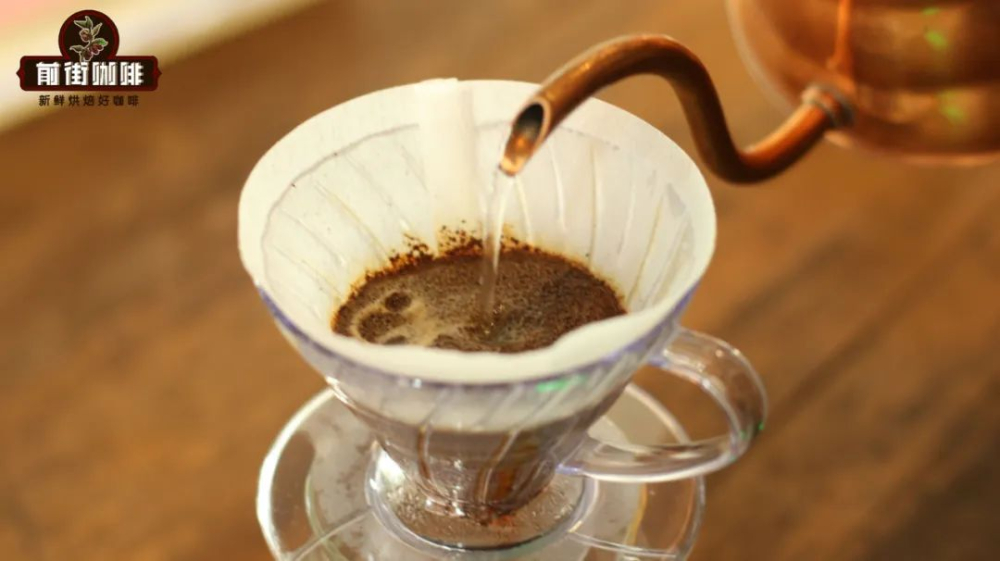
In the extraction process of hand-brewed coffee, hot water is used to extract coffee powder to obtain coffee liquid with aromatic substances. Then this approach is normal, conventional extraction, which can be called the "main road". When your hot water bypasses the coffee powder and falls directly to the bottom to come into contact with the coffee liquid, during which the hot water does not participate in any extraction, this behavior is called "bypass" By pass. What's the use of By pass? A sentence often mentioned in the front street: when the concentration of coffee is too high and the flavor is too concentrated, it will produce a sense of confusion, and the taste of coffee will be very messy and unable to distinguish the concrete flavor. Then at this time we can use By pass to dilute the high concentration of coffee directly, so that there is more room for flavor, thus getting a rich sense of hierarchy and experience.
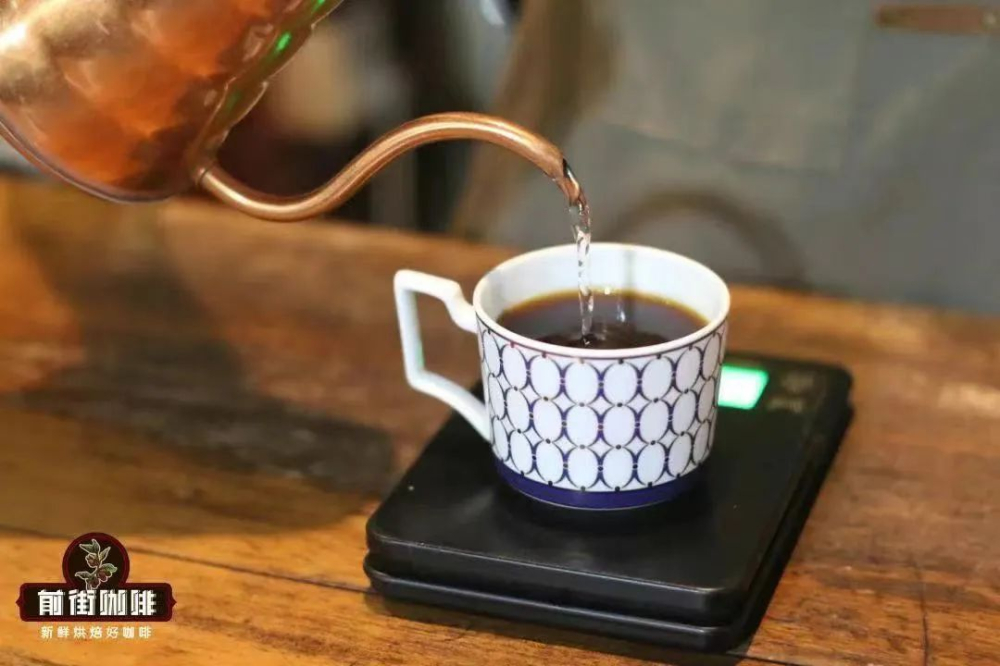
Take a chestnut: the front street boiled a pot of demarcation claw and boiled it with 20g 300ml hot water, which is the powder-to-water ratio at 1:15. However, due to improper brewing, the coffee only feels a strong sour taste, other flavors are difficult to appreciate, feel there, but not obvious.
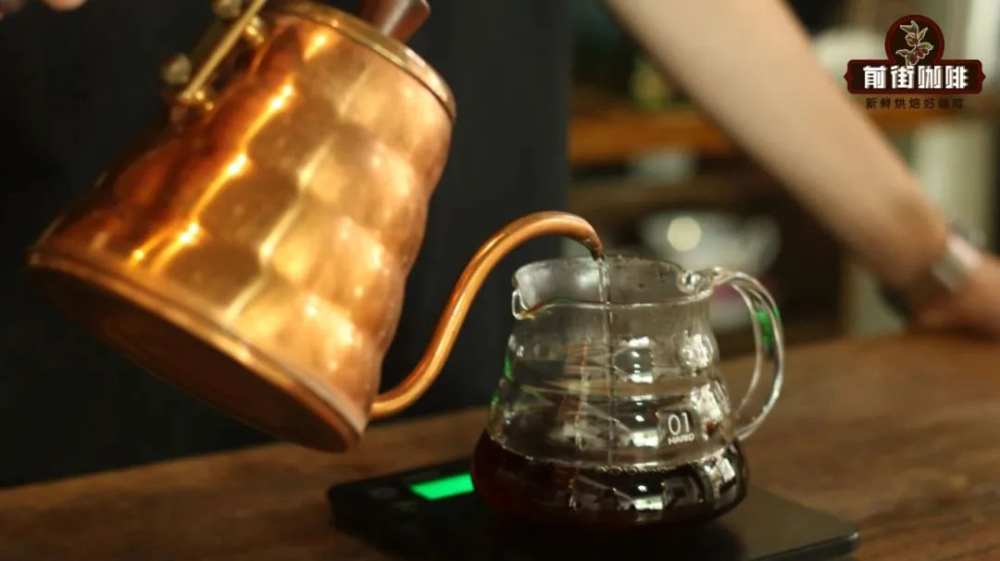
So at this time, we directly inject hot water around 20ml80 °C into the coffee liquid, and after tasting it again, we will find that there are very obvious fruit flavors of grapes, passion fruits and citrus fruits, all of which are released and displayed, and the taste will be cleaner and thorough. There are several points to pay attention to here: the first is the temperature of the hot water. Because of the constant temperature principle, after the coffee is brewed, the hot water at 92 °C has been cooled to about 80 °C coffee liquid, so instead of using the original 92 °C hot water, we need about 80 °C hot water to mix. Secondly, the amount of water injected should not be too much, otherwise it will cause excessive dilution and reduce the sense of experience of coffee.
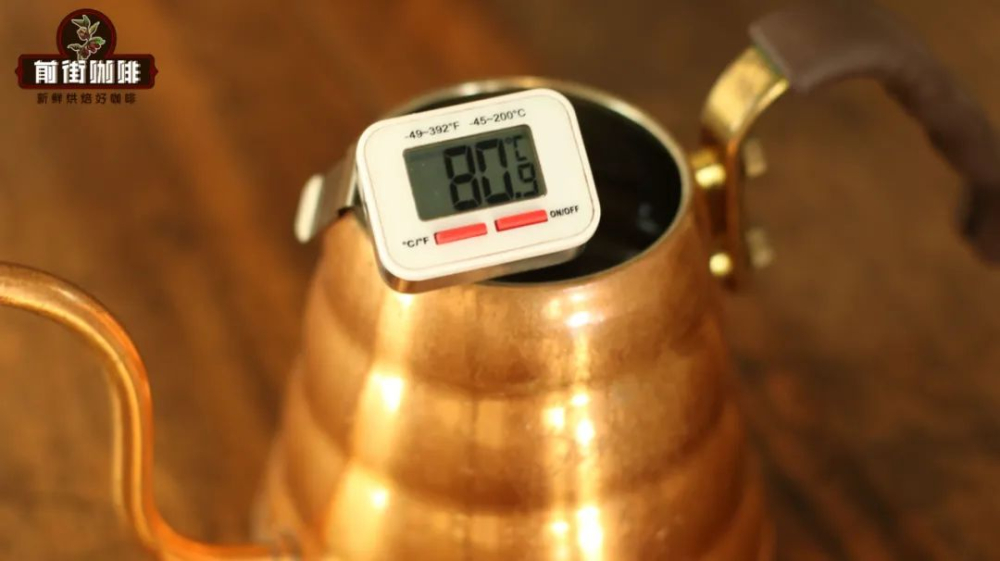
Apart from the above, what other situations require the adoption of By pass? 1. The production of iced coffee in fact, the production of iced coffee belongs to the object of use of By pass. For example, adding ice cubes to high-concentration cold extract and ice drop liquid is to dilute it so that the flavor can be better released. In particular, ice hand flushing, the original set amount of extraction water is partially replaced by ice cubes, which are used to cool and dilute the high temperature, high concentration coffee liquid to be extracted.
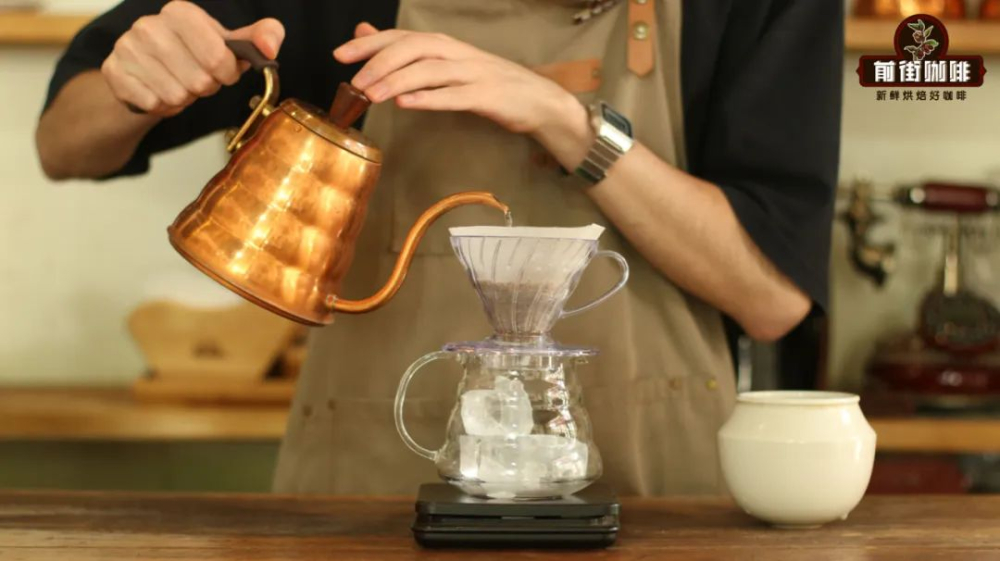
Second, "Save" the coffee that is about to turn over because the texture of the shallow roasted coffee is hard, and it is difficult for hot water to penetrate and extract, so we need finer grinding to increase the area of coffee powder in contact with hot water, so as to improve the extraction. However, fine grinding will bring a certain degree of fine powder, which is easy to cause blockage during brewing, and then increase the soaking time of coffee powder. When soaking for too long, the negative taste will be extracted.
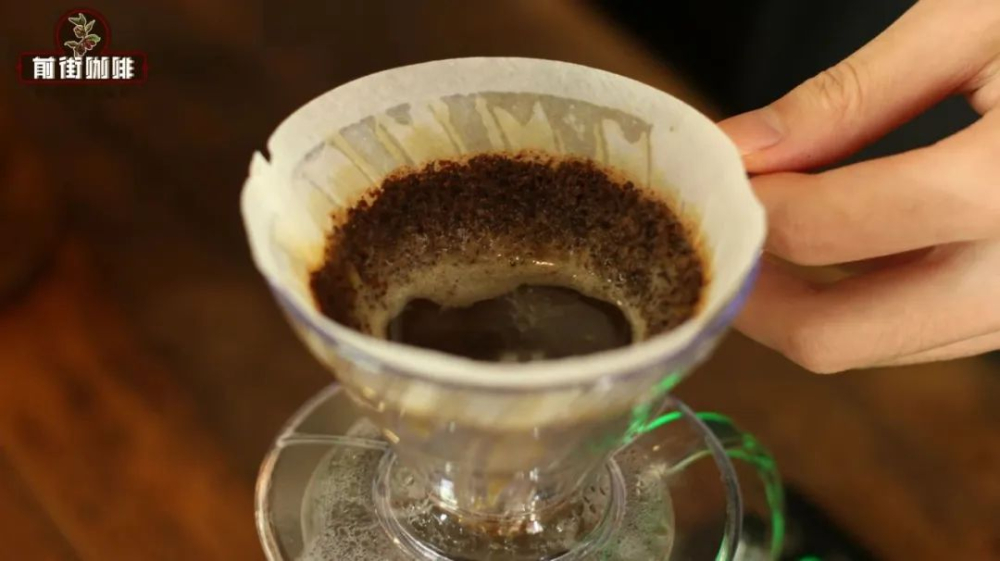
Then at this time we can "intercept" the tail section, give up the end of the coffee liquid that can not come down for a long time, and then taste it. Plan the trace amount of hot water added according to the perceived concentration, adjust the appropriate concentration, and bid farewell to the outcome of the rollover.
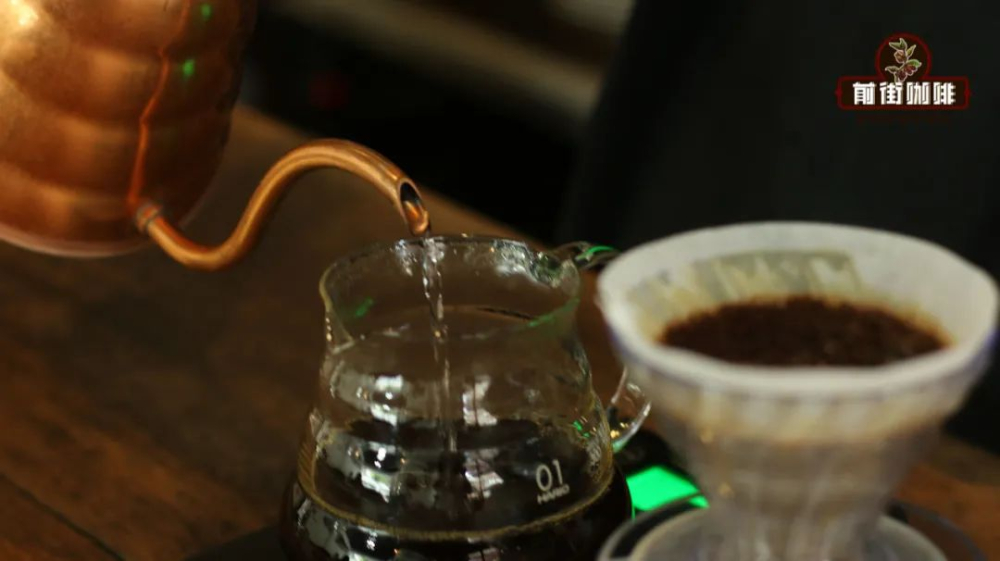
Third, specially customized extraction methods, such as in large-scale coffee competitions, we can often see contestants use a large amount of powder, and then extract a high concentration of positive flavor coffee liquid, that is, violent pressing of the sour and sweet substances in the front stage, and then use By pass dilution to reduce the concentration while maintaining the original extraction rate, which is similar to the previous iced coffee production. By pass can not save the situation if you have overextracted, brewed coffee is obviously bitter, then, in this case, the use of By pass will not be able to recover.

The core of By pass is dilution, when you use it on excellent coffee, it can only dilute the bitter coffee to less bitter, and the extra taste will have a thin taste at the same time, then, after you add extra hot water, it will change from over-extracted coffee to "coffee-flavored water". Not to mention coffee with insufficient extraction, not to mention ~-END-
Front Street Cafe
No. 10 Baoqian street, Yandun road, Dongshankou, Yuexiu district, Guangzhou, Guangdong province

Important Notice :
前街咖啡 FrontStreet Coffee has moved to new addredd:
FrontStreet Coffee Address: 315,Donghua East Road,GuangZhou
Tel:020 38364473
- Prev

I heard that adding salt to the coffee would taste better.
There is such a rumor: coffee with salt, wonderful! I've seen coffee with lemon juice and sugar! But this is the first time I've heard that coffee with salt tastes better! In fact, adding salt to coffee is nothing new, and some countries have a similar tradition. For example, the coffee in Turkey can not only "keep" overflowing.
- Next

Besides the three-stage style, what other cooking techniques do you know?
Compared with other kinds of coffee, there are many ways to make (brew) hand coffee. For example: one-cut flow, three-stage type, volcanic flushing, variable temperature cooking, stirring and so on. Today, let's get to know some common brewing methods of hand-made coffee, one, one knife, one knife or one shot.
Related
- Beginners will see the "Coffee pull flower" guide!
- What is the difference between ice blog purified milk and ordinary milk coffee?
- Why is the Philippines the largest producer of crops in Liberia?
- For coffee extraction, should the fine powder be retained?
- How does extracted espresso fill pressed powder? How much strength does it take to press the powder?
- How to make jasmine cold extract coffee? Is the jasmine + latte good?
- Will this little toy really make the coffee taste better? How does Lily Drip affect coffee extraction?
- Will the action of slapping the filter cup also affect coffee extraction?
- What's the difference between powder-to-water ratio and powder-to-liquid ratio?
- What is the Ethiopian local species? What does it have to do with Heirloom native species?

